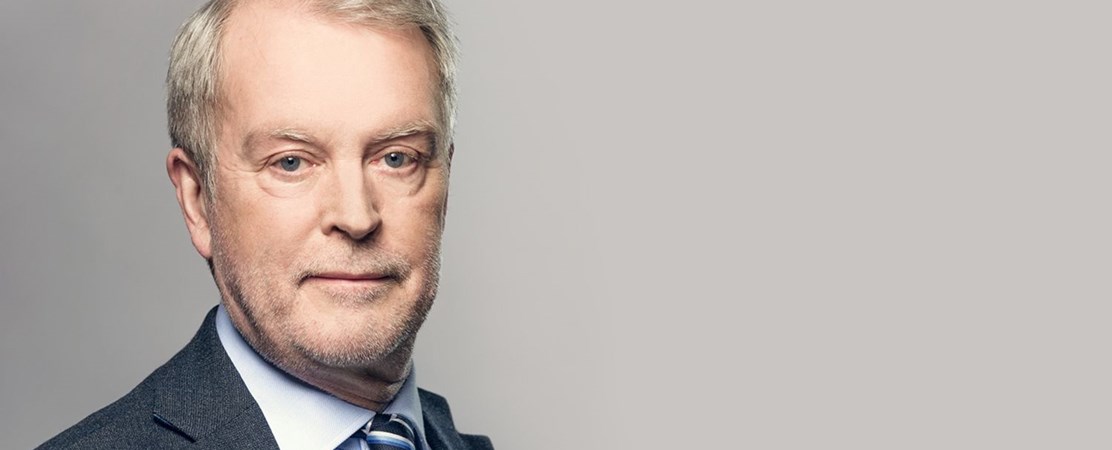Education as a Priority in Arctic Cooperation

By Aleksi Härkönen, Chair of the Senior Arctic Officials, Ambassador for Arctic Affairs, Ministry for Foreign Affairs, Finland
The eight Arctic countries and the six indigenous Permanent Participants have celebrated the 20th anniversary of the Arctic Council, and for a good reason. There are quite a few achievements to highlight: two binding agreements on search and rescue and oil pollution preparedness in force; a binding agreement on scientific cooperation just signed between the Arctic countries; and contributions towards Arctic-specific legal instruments, such as the IMO Polar Code, and important global instruments like the Paris Climate Agreement.
All activities of the Arctic Council are based on sound scientific research and globally recognized assessments regarding Arctic nature, sea areas and human development. The University of the Arctic is intimately involved in this ongoing scientific work.
Finland will have a special role in Arctic cooperation as the chair of the Arctic Council in 2017-2019. We identified two broad frameworks that cover the essential tasks for Arctic cooperation. They are climate change – mitigation, adaptation and building resilience – and sustainable development, utilizing the goals set in the United Nations Agenda 2030.
In preparing our chairmanship we also approached UArctic on a theme that we thought should be emphasized more directly in the Arctic Council: education. We got the full support of the network and valuable suggestions as to what should be done. Providing good basic education to all children in the Arctic is sustainable development at its best. It opens the door to learning trades and to higher education, and to finding a place in working life. It also lessens the risk of marginalization with its unfortunate consequences.
The Arctic is changing rapidly, and we should be prepared to address the needs that come with the changing circumstances. Human activities will increase, and along with the challenges there will also be opportunities. The local populations should be fully involved. They should be the beneficiaries of new economic opportunities. We should be clear about the overall goal: the Arctic should remain safe and prosperous, especially for those who live here now.
Covering labour needs by bringing people from outside the Arctic and then taking them back does not amount to sustainable development. Providing equal education opportunities in the Arctic is the key.
We already have the technical means to overcome difficulties caused by the great distances in our sparsely populated northern areas. We have accumulated the expertise to meet the challenges posed by minority languages. We should share experiences in e-learning more efficiently, and provide support and encouragement to the teachers who are involved in educating the children in the Arctic.
We are pleased that the second UArctic Congress will be held in Finland in 2018 and look forward to a fruitful period of cooperation. We hope that the teachers’ and educators’ Thematic Network of UArctic will be further strengthened by this. Another opportunity to emphasize education during Finland’s chairmanship is the Model Arctic Council which brings together students and universities in identifying essential issues in Arctic cooperation. The next Model Arctic Council will also be held in Finland, and it is our sincere wish that the bright young participants will not only simulate the ongoing activities in the Arctic Council but also contribute with their critical insights and views. We often speak of students as future leaders, but in the Arctic the future may be closer than we think.
Education as a priority in Arctic cooperation is a natural theme for Finland. We have accumulated experience in providing good education to all children throughout the country. The Sámi communities in Finland, Sweden, Norway and Russia are actively cooperating and developing new teaching methods.
The University of the Arctic is an indispensable part of Arctic cooperation, and Finland wants it recognized as a close partner of the Arctic Council.
